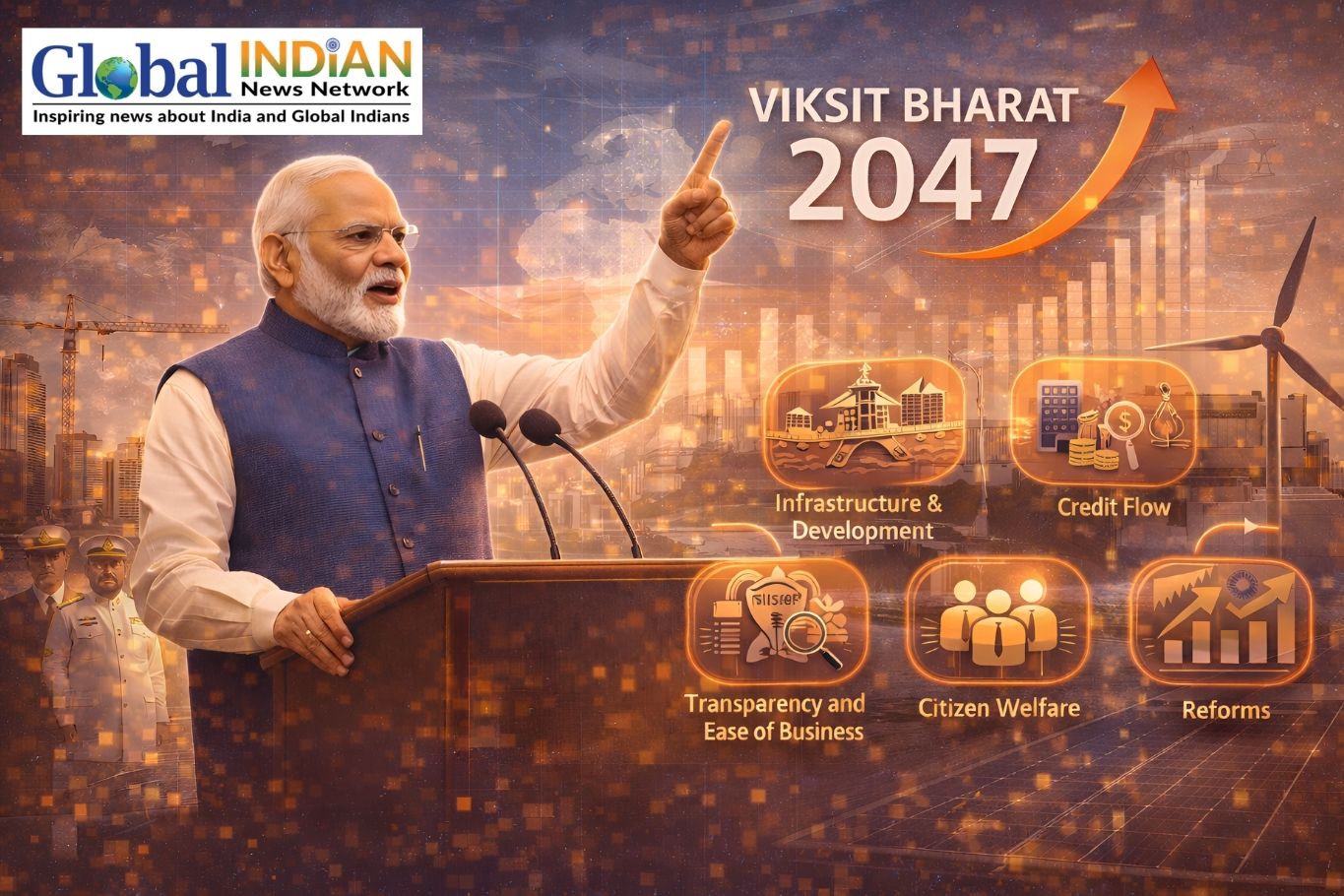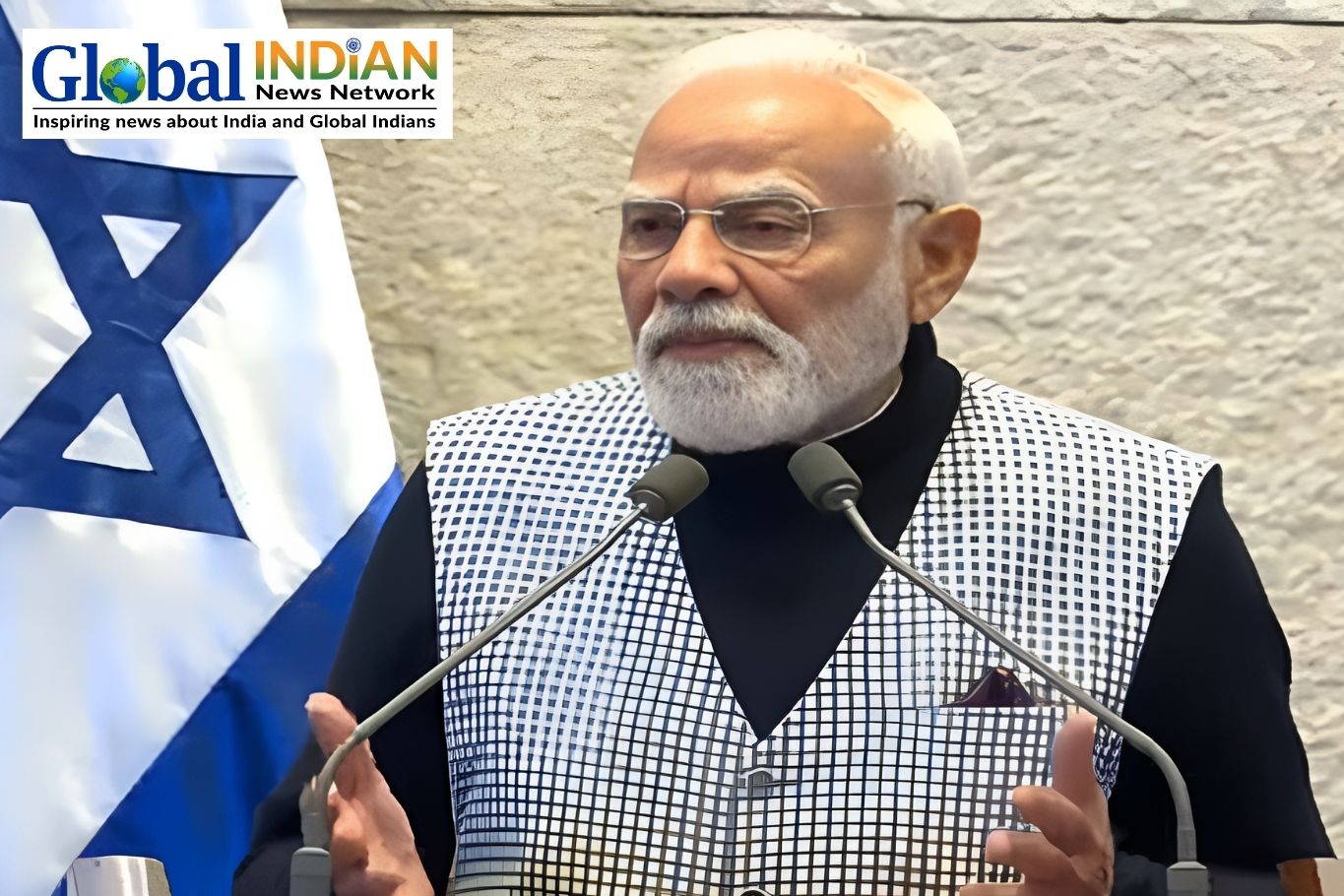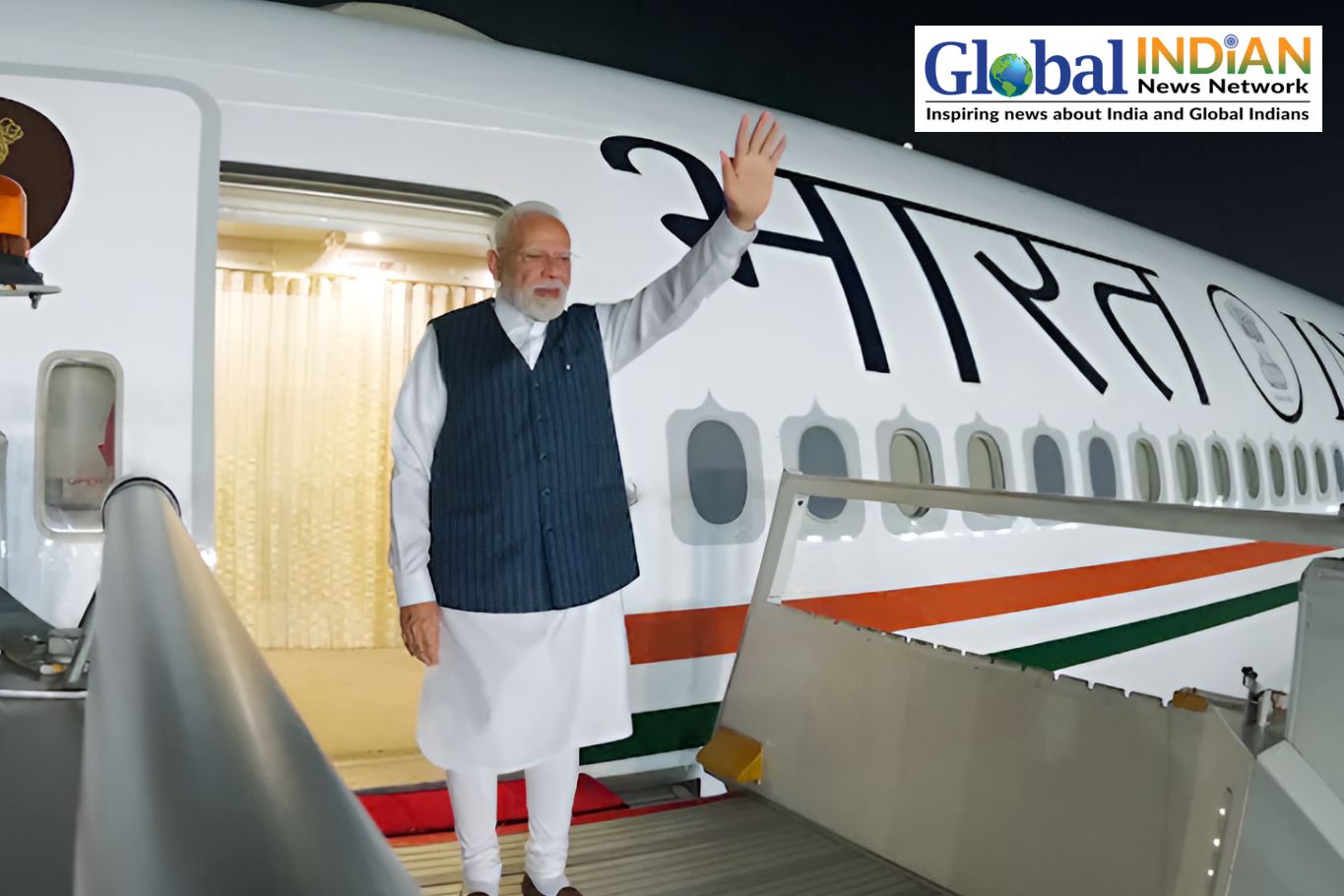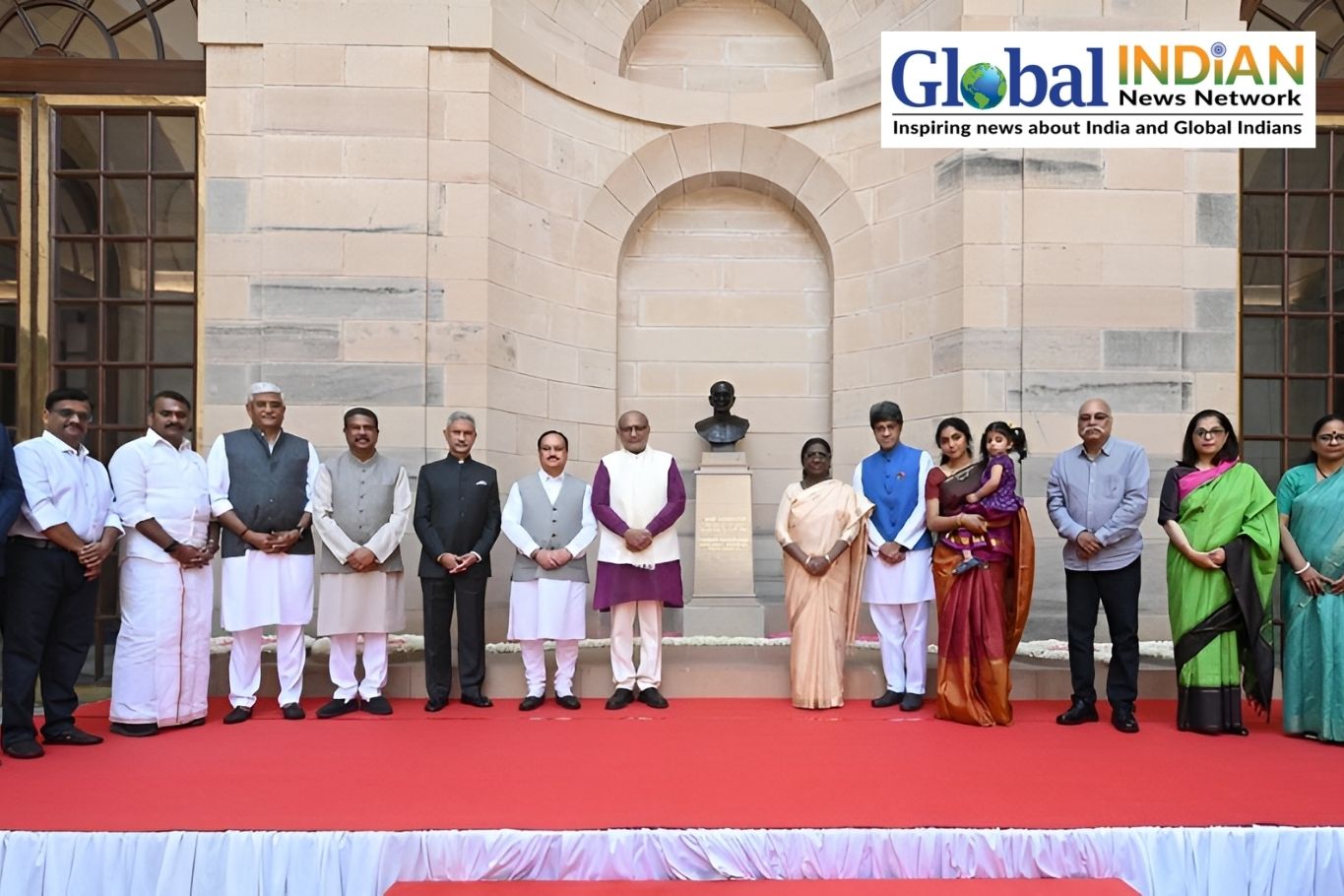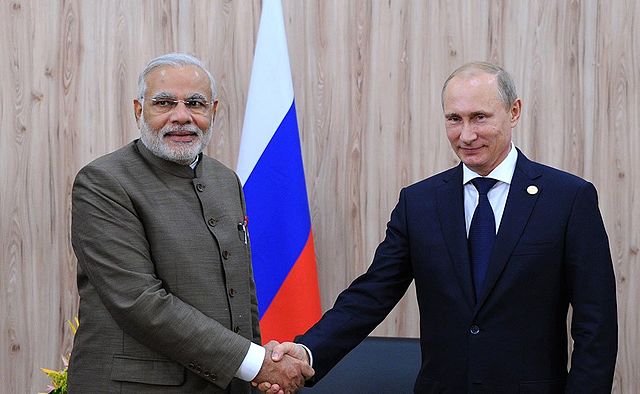
As part of the severe sanctions imposed on Moscow, Russia was first denied access to the SWIFT international system. The exercise that initially aimed to make payments easier is no longer intended only to get over the severe restrictions. India is considering a similar agreement with Iran, which is also subject to US sanctions.
“There are some issues with rupee trade, but we are looking at these payment arrangements as a long-term system and not just linked to the sanctions. We are looking at rupee trade with these countries as something more permanent,” said a senior government official. “There are a few issues that need to be resolved, and we will eventually do that,” the official further said.
Sources state that, besides Russia and Iran, Tajikistan is also interested in rupee trade.
In addition, these nations are a part of the 7,200-kilometer International North-South Transport Corridor (INSTC), a multimodal route that links Russia and India. The corridor offers the Central Asian nations a significant chance to expand their trade and other economic activity. For these landlocked nations, the Chabahar Port—another pillar of connectivity—is essential in addition to the INSTC.
China, Russia, the US, Pakistan, and other nations have continued to show interest in Central Asia.
Many experts believe that India has increased its engagement with Central Asian nations as part of its current efforts to become more prominent on the international stage and as a response to China’s expanding influence.

